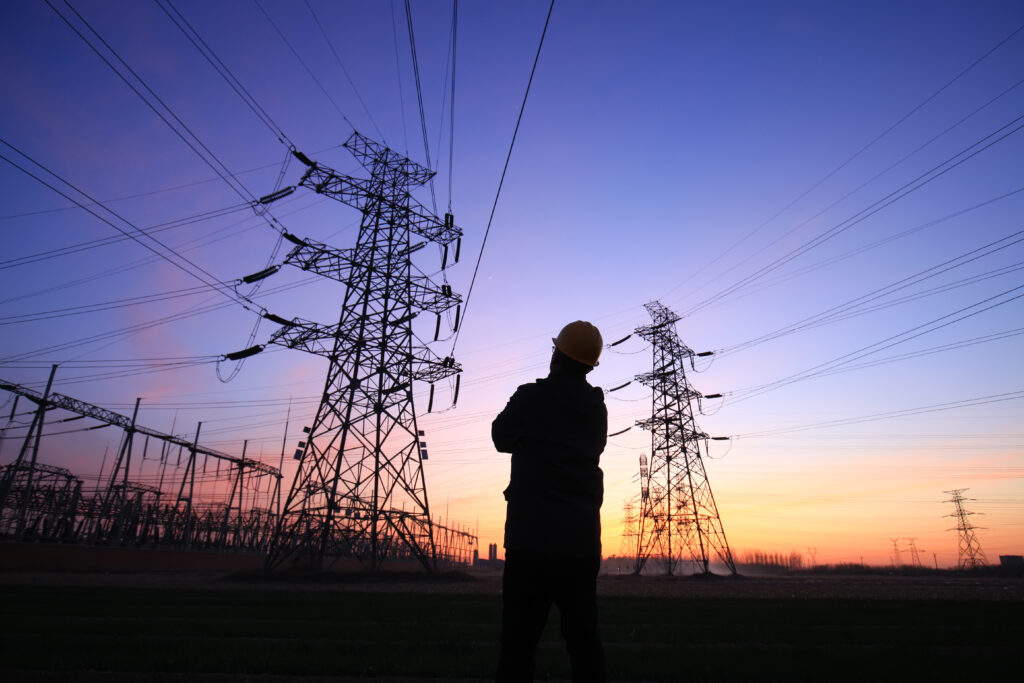Businesses that cannot sustain an electrical power outage without facing significant losses or catastrophic failures are classified as Mission Critical (MC). This includes various industries and companies that heavily rely on uninterrupted power. According to the EIA, the average number of power outages in the U.S. is approximately 1.5 per year, each lasting about seven hours. The primary causes of these outages are storms and objects impacting transmission lines.
MC facilities typically install backup electrical systems, such as diesel generators or battery modules, to mitigate these risks. However, these systems are costly to install and maintain, requiring frequent testing and specialized staffing to ensure operational readiness.
Nuclear Advanced Micro-Reactors, which include Small Modular Reactors (SMR), offer a long-term solution for providing uninterrupted base load power without the need for frequent maintenance or fuel replacement. Depending on the SMR unit type, nuclear fuel must be replaced only once every 10 to 20 years. Additionally, SMR units can be integrated directly into the facility’s property footprint, offering a cost-effective and reliable power solution for mission-critical operations.
